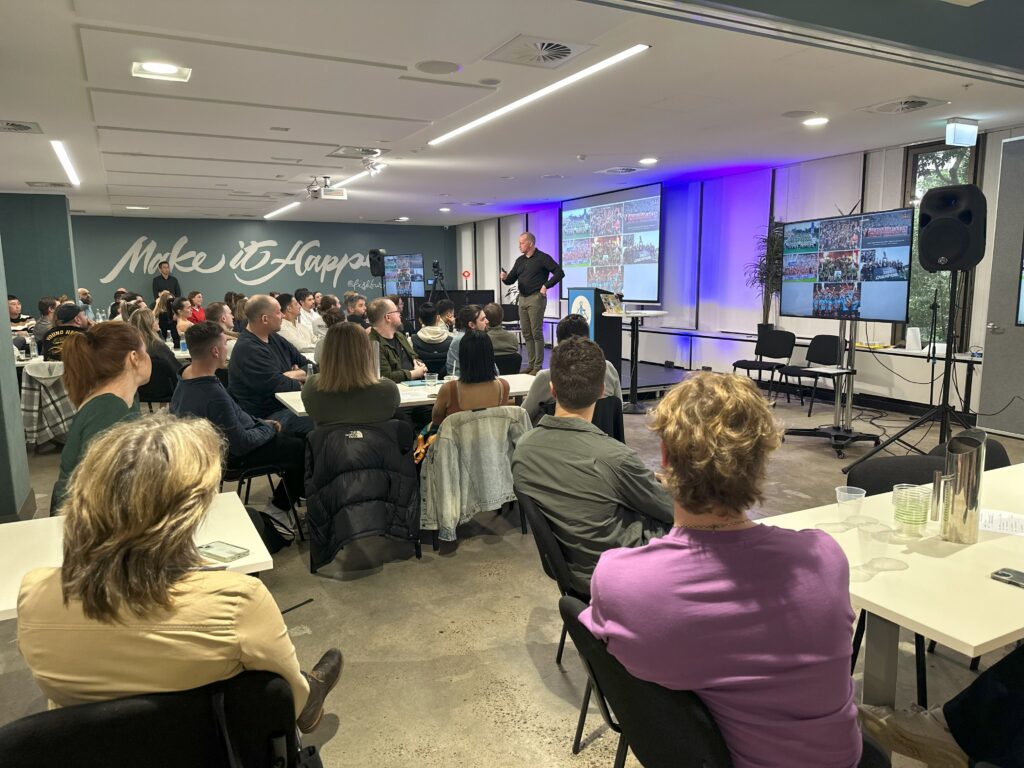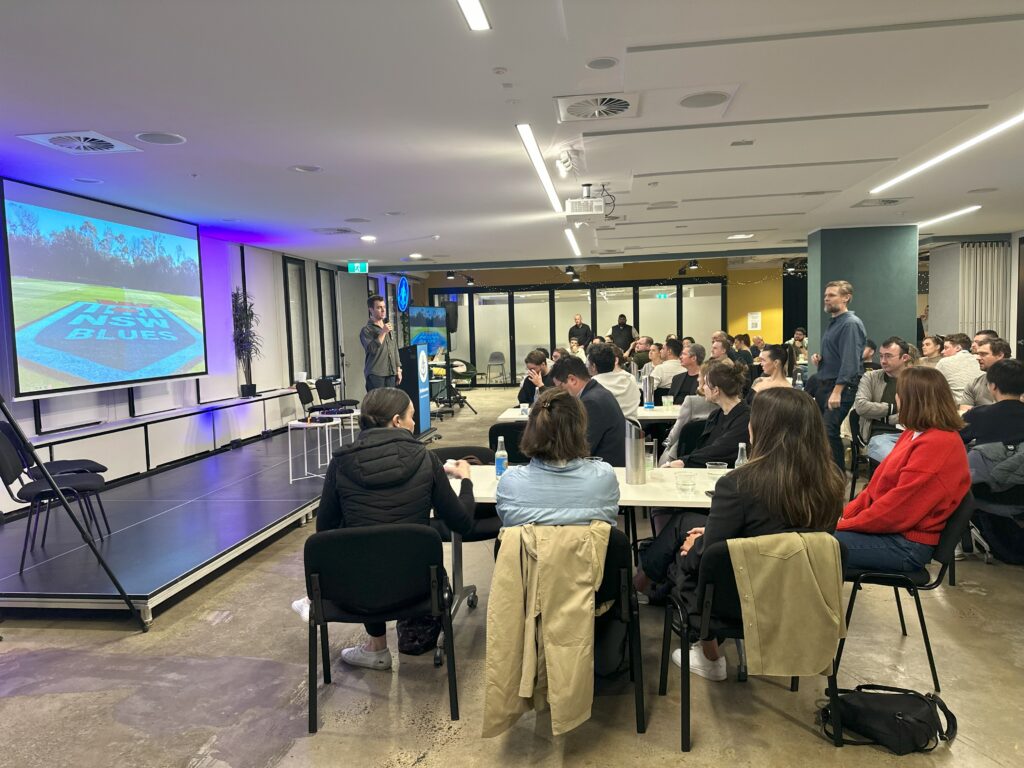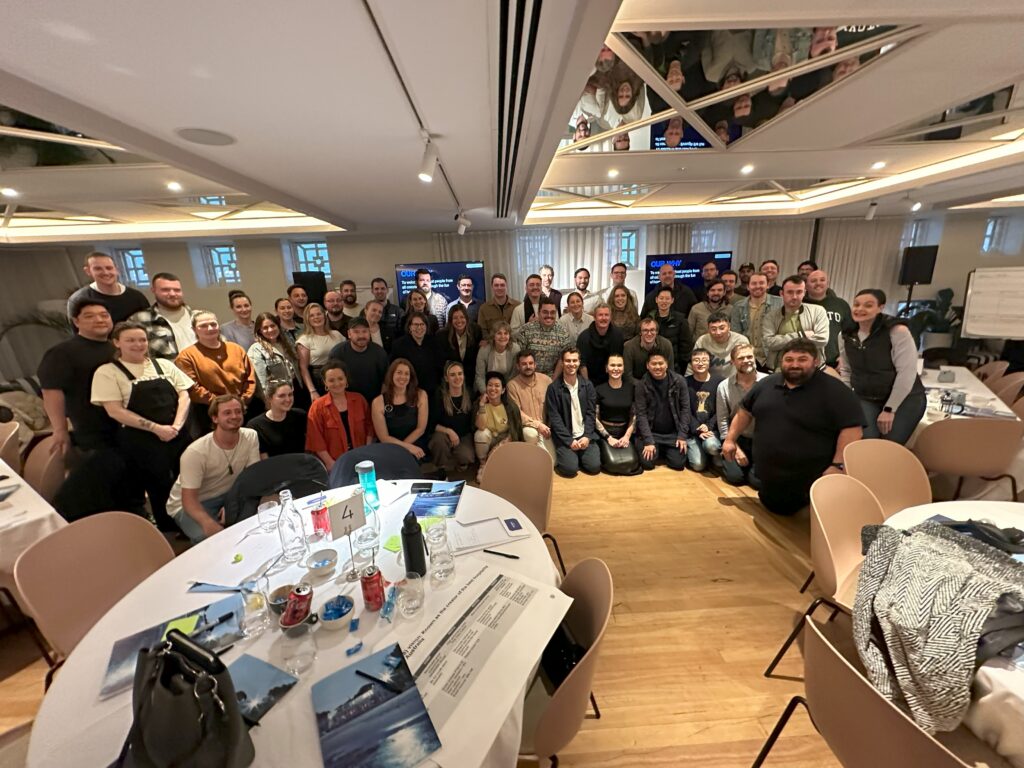MANAGERS IN THE MIDDLE
A good friend and colleague of mine, Rebecca Houghton from BoldHR calls them The B-suite. They are the B-Suite to the C-suite. The men and women who lead teams, who translate big picture strategy into relevant and meaningful goals for their teams and direct reports. They are managers in the middle.
To successfully drive growth and change in any organisation, coming up with a clear and simple strategy is only half the equation. I work with executive teams to help them consolidate and align on their visions and get their thinking down in plain, simple terms. This is itself an important exercise, because unless the executive can articulate their vision using repeatable mantras and objective measures, the rest of the organisation plays guesswork and favours.
But, providing clarity on expectations for performance is only the start of the journey. A clear and simple strategy is just a piece of paper (or digital asset) until it exists in the hearts and minds of the leaders who must inspire, motivate and enable their teams to achieve it.

Middle managers are, however, a bit like the ‘forgotten middle child’. They are often drowned out by the dominant voices of the board, executive, frontline staff and customers. However, managers in the middle are key stakeholders in the high-performance value chain. Expecting them to ‘fall in line’ is a grave underestimation of the value they can create.
Over the last few weeks – I’ve been working with several organisations who are investing time and effort into engaging their middle managers. They have understood that to engage this group – they must do more than just “present” their plans. They must create the time and space necessary for middle managers to absorb the big picture, ask questions, challenge assumptions, and re-think their own goals in relation to the organisation’s goals. Make strategy creation a two-way conversation – between the executive who hold the vision, and the managers who execute the vision. Because the managers in the middle are a valuable group – not only do they bring deep expertise in their chosen field, they have a grip on the capacity and potential of their teams to turn vision into action.
Solotel Group, owned and run by the Solomon Family in Sydney, are a hospitality group who operate some of Sydney’s best food and entertainment experiences including Aria, Opera Bar, and Chophouse. They have a long tradition of celebrating their middle managers with an annual leadership conference to educate, inspire and reward their efforts.
This year I had the pleasure of working with the executive to design and deliver a conference with an emphasis on strategy execution. Each executive took the time to present their vision and work alongside their venue mangers and head chef to craft aligned visions for their venues.

For middle managers to truly create impact – it is important for them to have both the skillset and the time necessary to coach and enable their teams. Coaching was key focus of our conference. The team received a keynote from legendary Michael “Madge” Maguire – the celebrated and seasoned rugby coach who most recently led NSW to an historic victory over QLD in the 2024 State of Origin.
I followed with a skill-based session on how to coach using the GROW model – a tried-and-true method adopted by coaches worldwide and a foundational model adopted by the Institute of Executive Coaching. You can hear more about how I encourage teams to use GROW in this episode of my podcast.

A General Manager from the group also ran a session on how to increase the time spent on coaching, by identifying and reducing the admin load of venue and kitchen leaders. This was an important discussion in uncovering low value admin tasks that could be delegated or re-engineered to allow more time for high value coaching and customer interaction time.
Strategy Execution is an often-underestimated aspect of growth. Coming up with a great plan is just the start. The main game is translating goals into actions, and your B-suite are a key part to playing it.